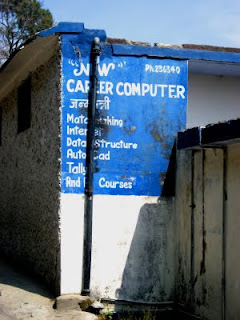Rhetoric vs. Reality unifies?
I like the Economist magazine...its not afraid of having a strong opinion. Not that I readily agree with their arguments but no one can accuse them of not taking a stand. For instance, they write about Al Jazeera ( http://english.aljazeera.net/ ), one of the supposedly few independent media networks in the Gulf States as a natural unifier in a region that is seen as much fragmented. It is a fascinating argument of how a media network scales itself across the world now, by creating a sense of unity and identity through its rhetoric of shared Middle East concerns. Of course, the problem here is that the Economist, when it talks of the "fragmented Arab nations" implicitly reinforces such stereotypes of this region in a constant state of flux. Even though we all know that the State is not necessarily a representative of its people, we see this constantly at play when we talk of nations. Middle eastern leaders of States may not be able to work together or be united in a cause perh
